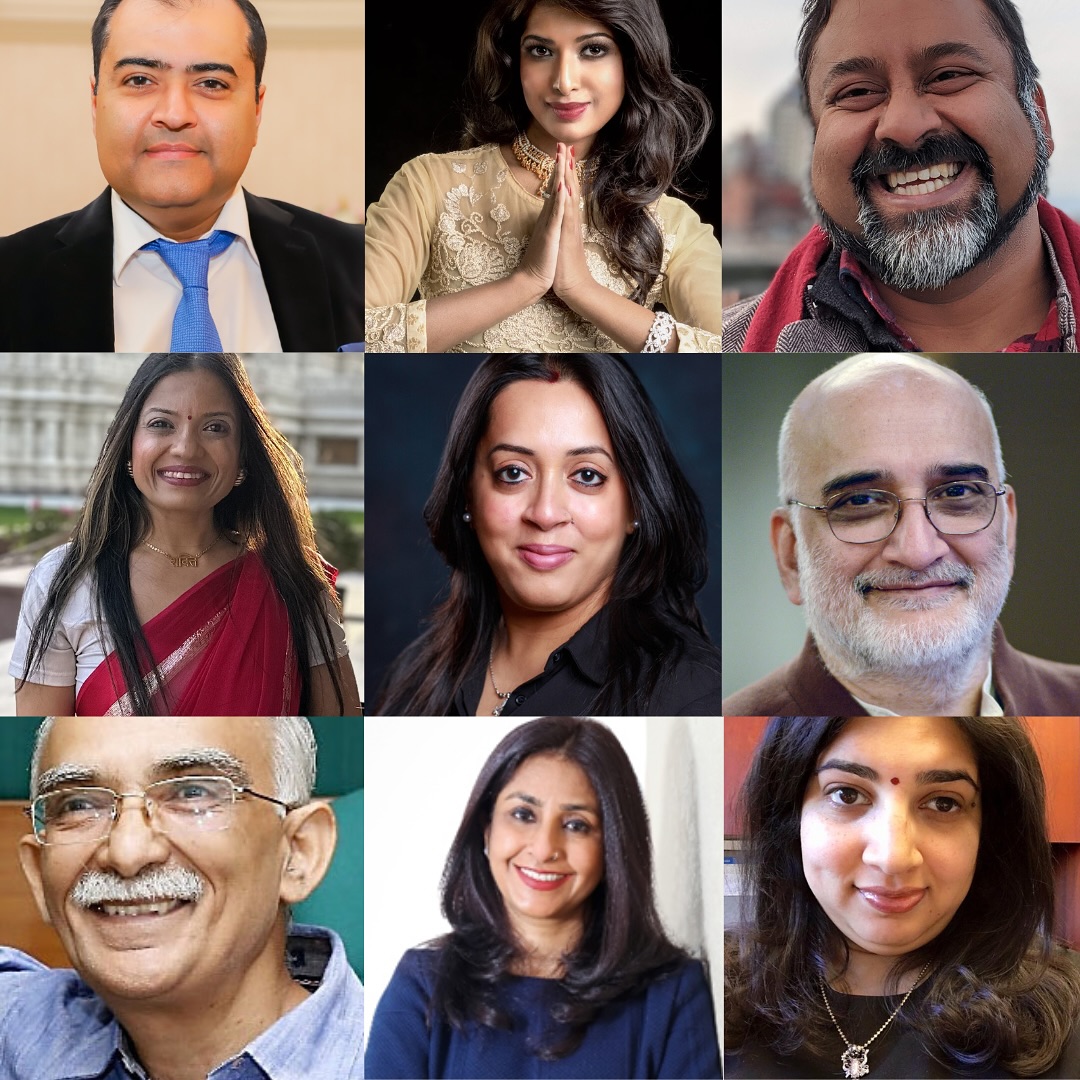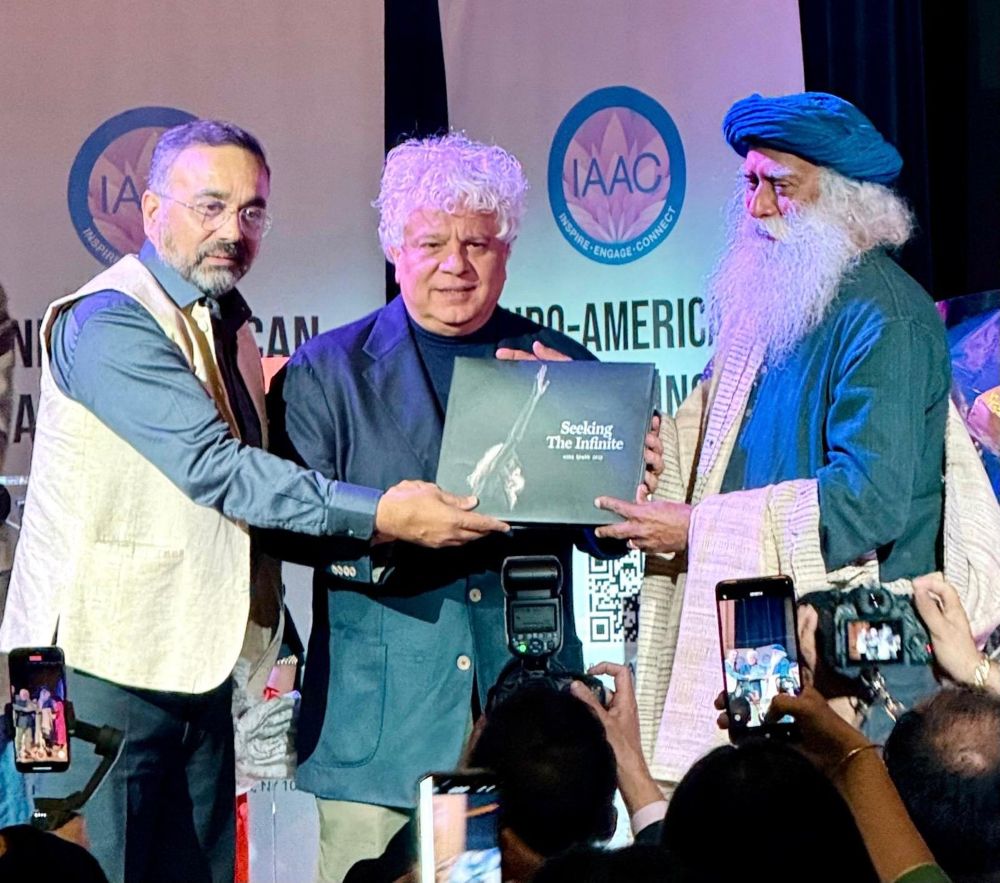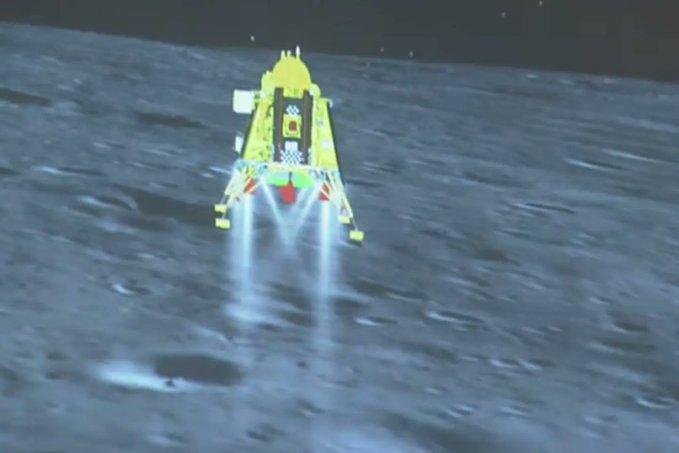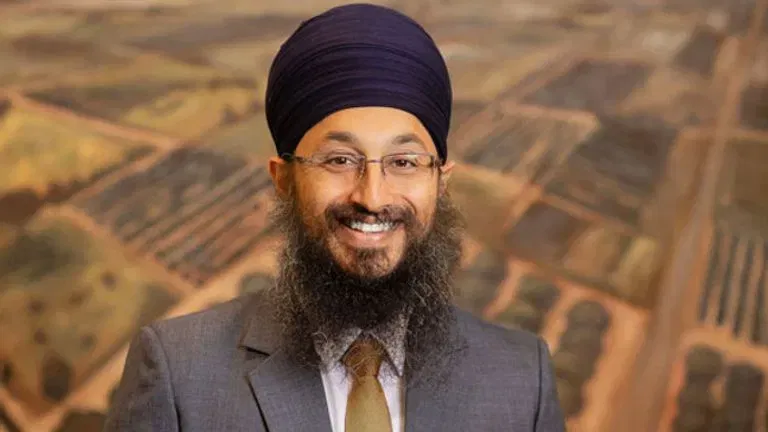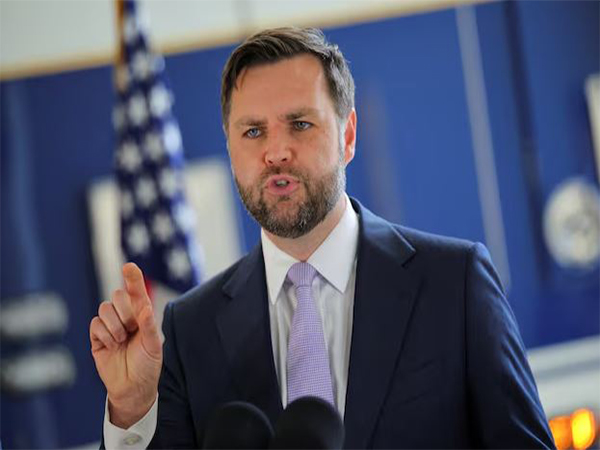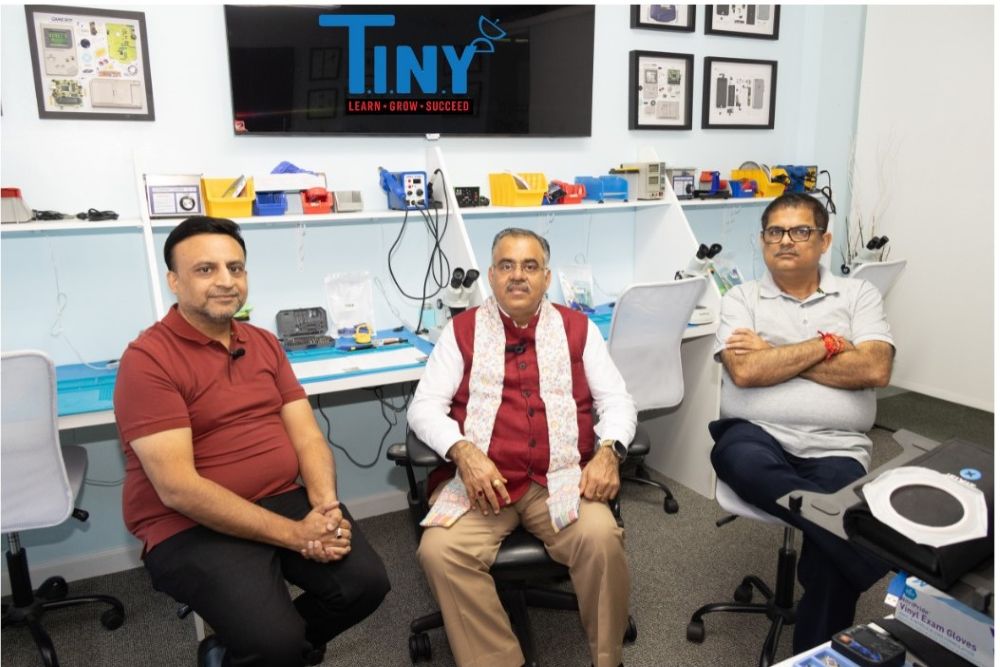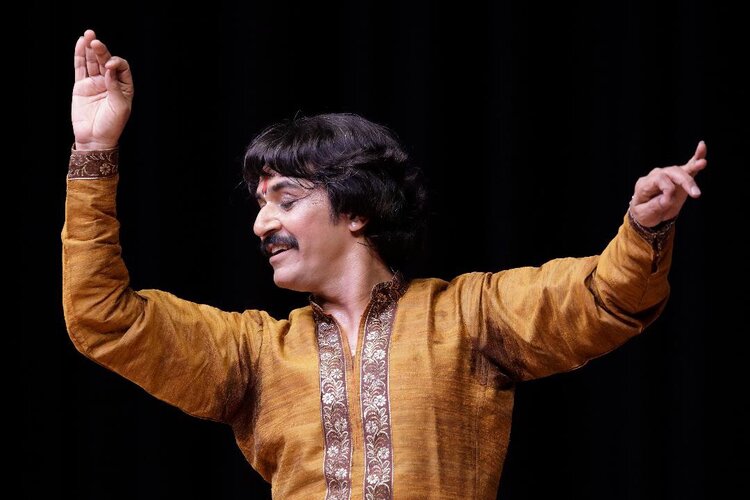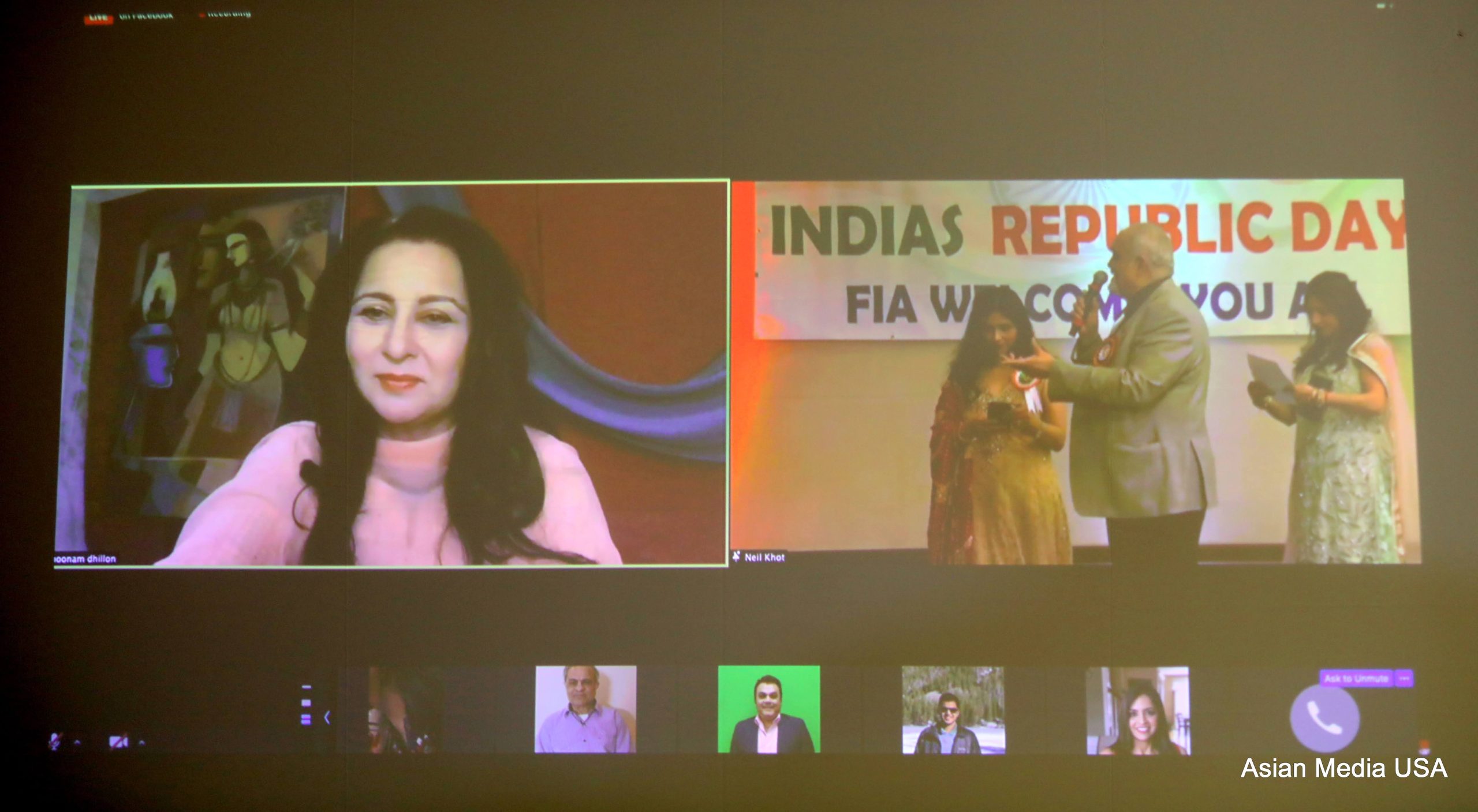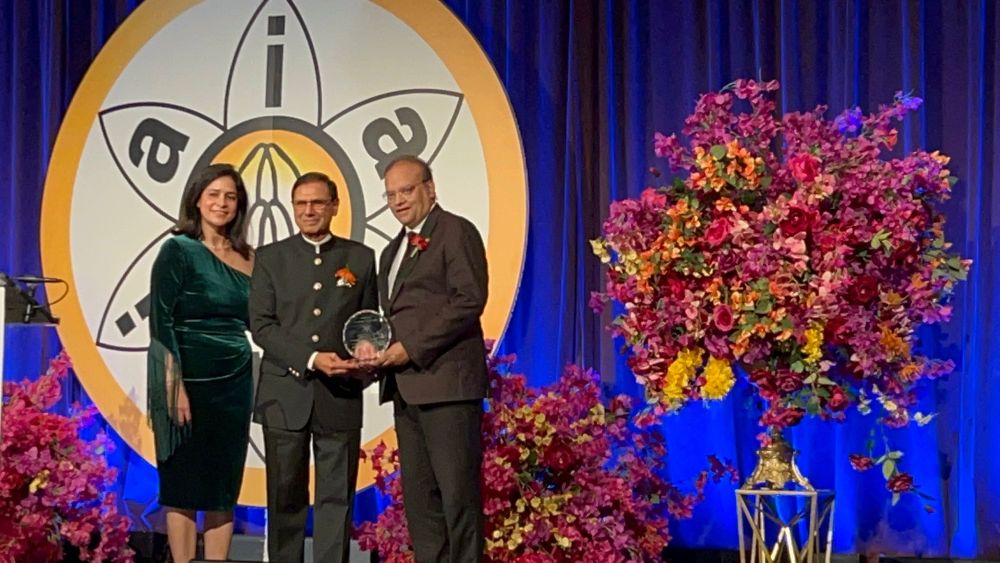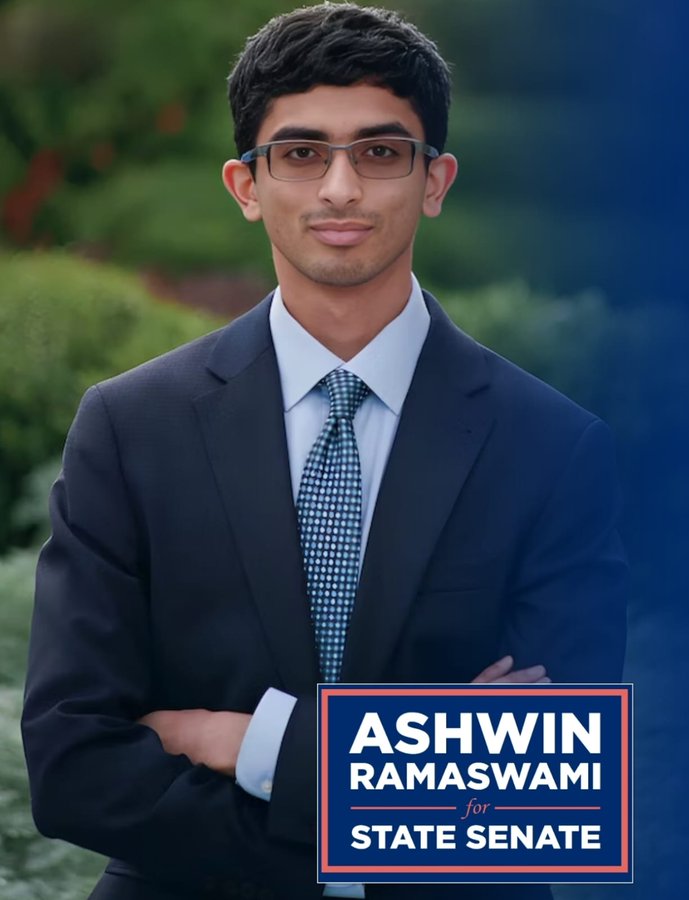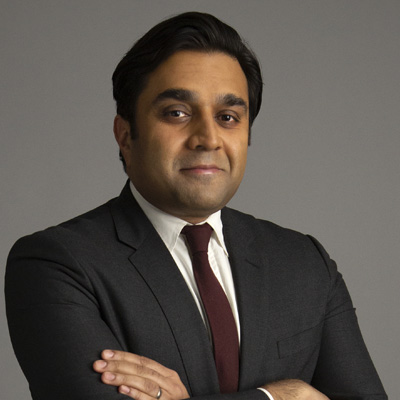To celebrate India’s 78th Independence Day, ALotusInTheMud.com solicited comments from a dozen distinguished people in the US and India to assess India’s contribution to the world and its role, which has taken center stage in recent years.
By Parveen Chopra
New York: Soaring in the opinion polls, Vice President Kamala Harris may get elected as the first South Asian President of America. And if the Trump-Vance ticket triumphs, Usha Vance will become the first Hindu Second Lady.
Indian diaspora has dazzled the world by reaching the top echelons — and not just in politics. India has become a global power player, earning the sobriquet, ‘Vishwabandhu’ (friend of the world), particularly after supplying vaccines during the Covid pandemic to many nations.
Indians themselves would not be surprised by this welcome shift, however. Independent India may be only 77 years old, but it has at its back many millennia of civilizational wisdom rooted in the ancient texts of the Vedas and Upanishads, and the philosophical traditions of Buddhism and Jainism. This was elaborated by the eminent people in India and America invited to comment by New York-based ALotusInTheMud.com for a major feature published on the eve of India’s 78th Independence Day.
Another running strain in their comments is that India has antidotes to many of the world’s ills. Its perennial moral principles of ahimsa and vasudhaiva kutumbakam (the world is one family), underscoring the importance of compassion, tolerance, and unity in diversity, are a beacon for addressing global challenges, promoting interfaith harmony and world peace, and fostering a sustainable and inclusive future.
It will not be an exaggeration to say that India is embracing its destined role and emerging as ‘Vishwaguru’, not just ‘Vishwabandhu’.
Rajiv Mehrotra, Secretary and Trustee of the Foundation for Universal Responsibility of H.H. The Dalai Lama in New Delhi, told Lotus, “India’s rich civilizational heritage is a diverse blend of cultural, philosophical, religious, and scientific contributions. This heritage continues to evolve and adapt while inspiring and responding to present-day challenges.”
Swati Arun, Director of Social Media for the Hindu American Foundation in Washington, DC, pointed out that India’s contributions are not just historical footnotes but living elements of today’s modern life. “The zero, an Indian invention, is the cornerstone of the digital age. Yoga and Ayurveda, India’s holistic health systems, have revolutionized wellness.”
Calling India a model for pluralism in the world, Srinivas Reddy, an author and scholar on a Fulbright-Nehru Fellowship at IIT Gandhinagar, said, “The world faces unprecedented challenges related to war, famine, linguistic diversity, and cultural plurality. Much of the Western approach to diversity has been through assimilation. The Indian approach has always been — live and let live.”
Anil Bhatnagar, an IITian, author and corporate trainer, cited the example of Bharat in Ramayan to say that “Instead of coveting what belongs to others or converting others to our faith, India’s story is that of the relentless and ongoing message of love, kindness, peace, compassion, tolerance, acceptance, ahimsa, and harmonious living propagated through an unbroken chain of avatars and gurus such as Krishna, the Buddha, Mahavir, Nanak, and Swami Vivekananda.”
Neha Lohia, a conscious filmmaker based in NYC, added in a heartfelt comment: “India is more than a country; it is a feeling, a fragrance that I carry in my heart wherever I go. Through my work, I strive to share the gifts of this land with the world, offering a glimpse into a way of life that has the potential to elevate global consciousness.”
Preity Upala, who is on the Advisory Board of the Europe India Chamber of Commerce and Industry and has appeared on CNN and Forbes as a political and cultural expert, said, “In the current state of affairs globally, with polywars, unending conflicts, and a very divided world, Bharat has demonstrated much-needed pragmatism, diplomacy, holistic leadership, and global empathy.”
Aditi Banerjee, an attorney at a Fortune 500 financial services company, who writes and speaks about Hinduism, said that India has an antidote for the younger generation suffering from an overload of information. “Counterbalance this by going within through silence and meditation, reflection and study of the self, through worship and reverence for nature, through yoga and chanting.”
Nidhi Bhasin, CEO of the NASSCOM (National Association of Software and Service Companies) Foundation, offered her take: “We can take guidance and inspiration from ancient Indian scriptures and philosophy, which teaches balance between science (for advancement of human race), spirituality (for growth of the soul), good governance (for overall prosperity of nation and equality in justice) and might (for protecting citizens from external attacks by an ethical military).”
Saket Bhatia, who has a PhD in Electrical Engineering as well as astrology-numerology and has founded two companies in the Bay Area, opined that Indians excel globally due to their strong emphasis on education, family values, and adaptability.” It is not just Sundar Pichai and Satya Nadella, he argued, “thousands of other Indian technologists and entrepreneurs are pioneering trends in artificial intelligence, IT, education and healthcare. Indians have made significant contributions globally in medicine, academia, arts, and humanities.”
In concrete terms, India has emerged as a force for good, enhancing cultural enrichment and global advancement.
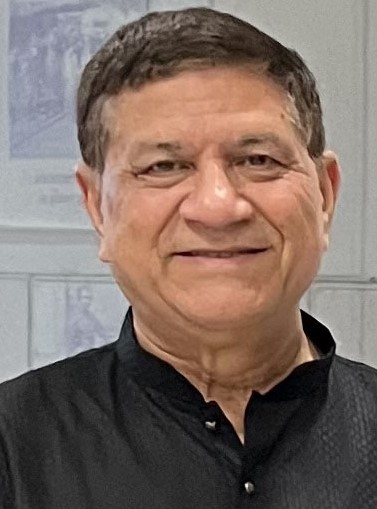
Parveen Chopra is the founder and editor of ALotusInTheMud.com, the wellness and spirituality web magazine that published three posts compiling comments summarized in this article.
















